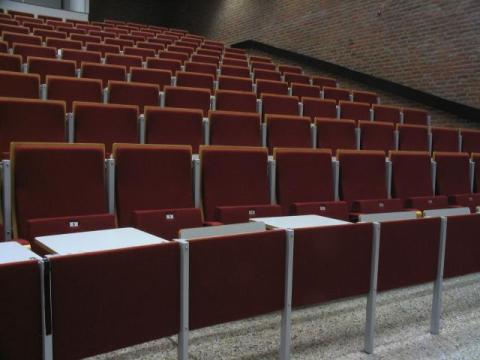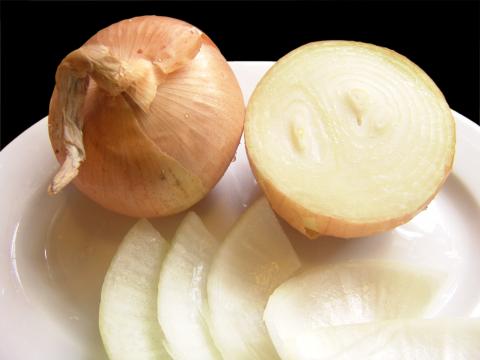‘Tis the season for academic faculty job searches. From summer until late fall, the bulk of faculty jobs are accepting applications to fill positions that begin in the fall of the following year. If you are considering this route, here are some things you need to think about:
You found an awesome job posting or graduate program, crafted the perfect curriculum vitae, and created a cover letter capable of convincing the staunchest of holdouts that you are a vital addition to their team. The only problem is you remembered to attach your resume after pressing send on your cover letter e-mail. Forgotten attachments happen to everyone, but the job application process is where you are supposed to distinguish yourself as a better candidate than everyone else. So – now what?
This post was written by guest blogger Pat Sokolove, PhD, Deputy Director, OITE; AAAS Policy Fellow, 2003 – 2005; Health, Education, & Human Services Selection Panel Member, 2006; Chair, 2008 – 2009.
The online application system for AAAS Science & Technology Policy Fellowships is now open; the deadline is 5:00 pm (EST), December 5, 2013. The AAAS materials are exceptionally clear, but potential applicants always have questions. Here are some of the questions I hear most often.
In our last blog post we talked about negotiating for an academic job search. This week, we will highlight tips for negotiating any non-faculty position. Like last week, this blog post is intended to give you an overview of how to prepare for negotiations. For more in-depth information on negotiating for non-academic job offers, view our video here.
If you have been following out Calendar for Career Success, you know that August is the time to put together your job packages. Whether it be for an academic positions, a postdoc or a transition to a new career field, you need to have a competitive application. We have provided some information below
Happy New Year! It is time for the annual tradition of making New Year’s resolutions. Often the theme of resolutions is to better oneself through eating better, exercising more or changing a habit that drives us crazy (this will be the year that I paste every gel into my notebook and stop using paper towels for my calculations!). While healthy bodies and well organized notebooks are great things, we encourage you to resolve to prioritize advancing your career. Do you need to make a decision about what to do after your training? Do you need to network more and/o

During the AAAS talk last week on the academic job market, I was encouraged by the opinions shared by current faculty. I imagined that the academic job market was as bleak--if not more so--than the non-academic market. On the contrary...to paraphrase the speakers, "the best people are still finding jobs." Still, you must put your best foot forward to be a standout candidate on the academic market.

Did you see this week's episode of "CHOPPED?" It contained one of the most ridiculous combinations of foods I've seen yet. The chefs had to incorporate the following into an appetizer: kabocha squash, sardines, banana chips, and rice paper. WHAT? Tough basket for this week's chefs, for sure. On to our version of CHOPPED... So, what is a CV, anyway? That is a question I often hear from trainees. A more common question is: "What (on earth) is the difference between a CV and a résumé?" A curriculum vitae (CV) is a document that outlines your entire academic history.


